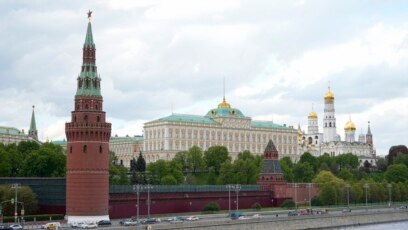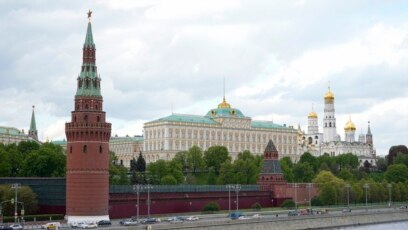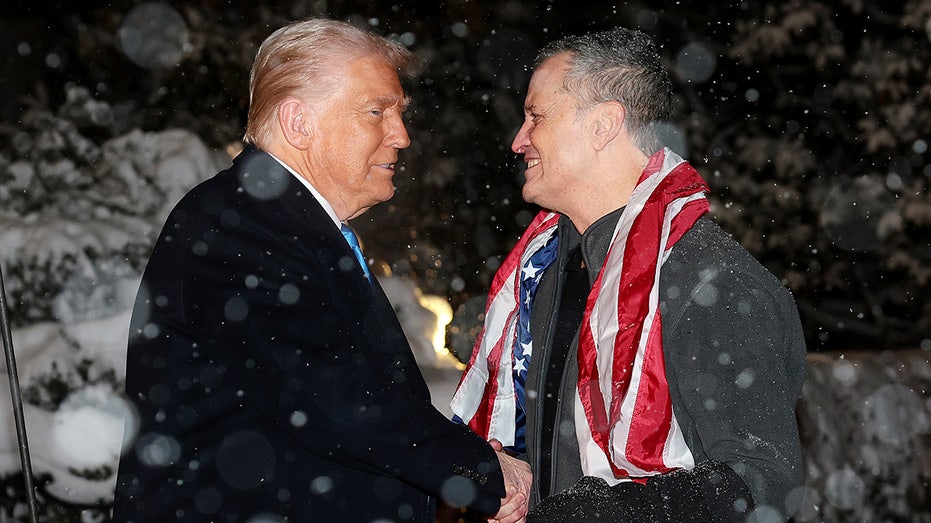
New US-Russia Prisoner Exchange Talks Emerge Following Recent Releases
The Kremlin has raised the prospect of a new prisoner exchange between the United States and Russia, just days after two Americans were freed from Russian custody. As diplomatic efforts continue to thaw the icy relations between the two nations, this development is drawing attention from international observers and analysts alike.
The Kremlin Weighs In
On Thursday, Kremlin spokesperson Dmitry Peskov revealed that discussions about a potential new prisoner swap are currently underway. He emphasized that recent talks held in Saudi Arabia between American and Russian officials have contributed to a broader agenda aimed at easing bilateral tensions, as reported by Reuters.
Current Status of Detained Americans
At least ten Americans remain incarcerated in Russia, prompting discussions around this topic. Among them is Kalob Byers, a 28-year-old American who was arrested earlier this month on charges of drug smuggling. His case highlights the complexities faced by U.S. citizens detained overseas amid strained diplomatic relations.
Remarkably, Byers was released just before Tuesday’s diplomatic discussions in Riyadh, raising questions about the timing and potential implications of his release within the larger context of U.S.-Russia relations.
Highlighting Recent Releases
Focusing on the recent wave of exchanges, attention is drawn to Marc Fogel, who was arrested in Russia four years ago on drug-related charges. Fogel’s release last week was part of a swap involving Alexander Vinnik, a Russian prisoner held in U.S. custody for cryptocurrency fraud. This high-profile exchange presents an opportunity for both nations to gain leverage in future negotiations.
Fogel’s Return to the United States
Upon returning to the U.S., Fogel met with former President Donald Trump at the White House. He expressed profound gratitude, calling Trump a hero for securing his release. This meeting is significant, as it underscores the personal nature of these diplomatic exchanges and the political implications associated with them.
Diplomatic Discussions in Saudi Arabia
The recent prisoner releases coincide with U.S. and Russian officials engaging in diplomatic discussions in Saudi Arabia. Notably absent from the talks were any Ukrainian representatives, drawing scrutiny from those concerned with the ongoing conflict in Ukraine.
The meeting was led by U.S. Secretary of State Marco Rubio and Russian Foreign Minister Sergey Lavrov. The agenda focused not only on negotiating potential terms for a peace agreement in Ukraine but also on discussing a possible meeting between President Trump and Russian President Vladimir Putin. These elements highlight the multifaceted nature of international diplomacy, particularly when navigating contentious issues.
Toward a Possible Agreement
State Department spokeswoman Tammy Bruce later confirmed that Rubio’s team sought to “lay the groundwork for cooperation” with Russia. This effort aims to address various international issues beyond Ukraine, underscoring a strategic approach to fostering dialogue in light of mutual concerns.
Implications for Future Relations
The discussions reflect a potential shift in the dynamic between the U.S. and Russia. While the complexities surrounding ongoing conflicts and geopolitical tensions remain, these talks signify a willingness to engage in dialogue and negotiations that might pave the way for future cooperation. The reflection of both nations aiming to manage their respective international interests suggests a delicate balancing act is underway.
The Road Ahead
As discussions regarding future prisoner exchanges continue, the situation remains fluid. The release of Byers and Fogel could signify a thaw in relations, or it could merely be a temporary reprieve in an ongoing geopolitical chess match. Observers remain cautiously optimistic, keeping a close watch on subsequent developments that could shape U.S.-Russia relations.
In conclusion, the potential for another prisoner exchange presents an opportunity not only for those currently imprisoned but also for diplomatic relations between the two countries. As both sides navigate these waters, the outcomes could have wide-reaching implications, impacting international relations, security policies, and the broader geopolitical landscape.


















